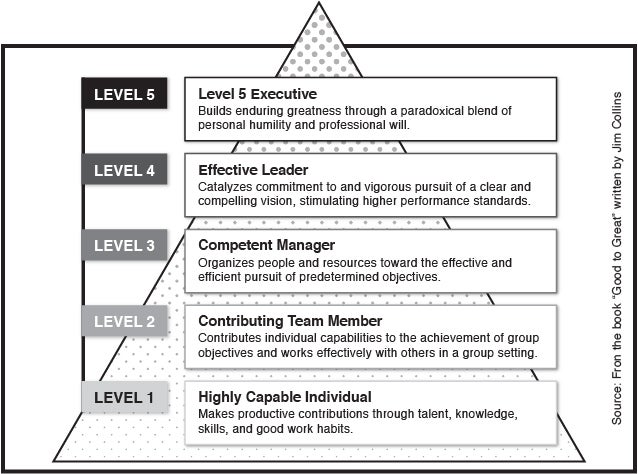Home > Leadership > Communication >
Why Future CEOs Must Quietly Embrace Social Media
By: Mike Maddock

Why CEOs Don’t Tweet—and Why They Should—May Surprise You

I was on a business radio show this week. The topic was innovation, and I mentioned that I was finally doing some Tweeting (@theideamonkey, thanks for asking).
The host admitted that his generation was not too familiar with Twitter. He asked me why someone would want to Tweet.
Why indeed. A year ago, I would have said that I wanted a platform on which to build my personal brand. I suspect most CEOs and companies may think about it the same way. They think Twitter is another tool that lets them talk about themselves, their company, and their products and services.
Today, after playing with the technology for a year, I understand Twitter gives you an excellent opportunity to listen (more about this in a minute)—an opportunity that most chief executives are wasting. According to a recent study by Domo and CEO.com, only 4 percent of CEOs are currently tweeting, and nearly seven out of 10 have no social media presence at all. The most popular social media for CEOs is a place where they can talk to their friends—LinkedIn.
The snarkiest readers may surmise CEOs don’t Tweet because their smartphones are not allowed at the most exclusive country clubs. While this is true, I suspect it is more likely that they don’t understand what they are missing and why it matters so much to their businesses.
A Gentle Reframe
Anybody running a company knows Jim Collins has written a number of terrific business books including Good to Great. It was Collins who coined the phrase the Level 5 Leader, describing this person as one who “builds enduring greatness through a paradoxical blend of personal humility and professional will.” (See the following graphic.)

I aspire to some day be a Level 5 Leader, so it was with great humility that I finally gave in to the urging of my teammates and plunged into the deep waters of the social media pool. I think other CEOs should, too.
To get over whatever reluctance you have, try this: Whenever you hear “social media,” eliminate the second word. People have always been social and they always will be. Technology is now allowing people to connect, communicate, share, build, invent, conspire and celebrate in new ways. While technology may change, the need to be social won’t.
Are you being an antisocial leader? If you opt out of being social, how will you know what your consumers want from you? Said differently, if you are not involved in the conversation, how can you listen?
As I said, using Twitter as a way to listen has been a huge revelation to me. By setting up multiple Twitter streams, I am able to hear what the world is saying about issues that matter to my company and our clients. It’s a simple way to avoid the trap of talking only to people who share my views on a topic.
I’ve been told that Michael Dell used to have everyone in his call center write customer comments and complaints on Post-it® notes. Each day he’d spread the notes on a conference table and glean customer insights from them. It was his way of listening.
If you are in an industry that seems to be losing its relevancy with younger people, might it be because you are choosing to be antisocial? Are you talking or are you listening?
Time to jump into the pool.
This article was originally published by Free the Idea Monkey
Published: August 23, 2013
4270 Views
4270 Views












